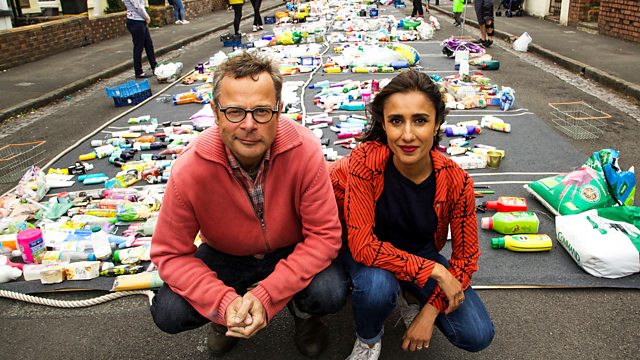The British Plastics Federation (BPF) has hit back at the BBC’s War on Plastic programme, claiming that it lacks balance and fails to address a “complex situation”.
The programme, presented by Hugh Fearnley-Whittingstall and Anita Rani, looks into the amount of plastic that is produced and claims that “every minute, the equivalent of a truck full of plastic is emptied into the world’s oceans”.
But in a statement, the BPF argued that the programme did not set out why plastic was used in the first place for packaging. It added that the “enemy is not plastic, the enemy is plastic waste”.
The BPF said: “The raw materials for glass and metals need to be mined and trees need to be grown to produce paper bags and paperboard. All this requires land, energy and water. Plastic is resource efficient, meaning packaging designs are able to use a very small amount of material. It also performs well when materials are compared using lifecycle analysis, which compares a range of environmental factors, including energy and water use. One study found that a world without plastic packaging would result in 2.7 times more greenhouse gas emissions.”
The industry body said that the plastic lining used in sandwich cartons is necessary as a moisture barrier to keep food hygienic and avoid food waste.
The BPF added: “The programme suggested that there had been an increase in the use of single-use plastic packaging but in the past two years the actual tonnage per capita of plastic packaging placed on the market has fallen by 4%. A forecast done by the industry, key stakeholders and compliance companies expects per person use for all plastic packaging to fall further in 2020, possibly falling as much as 9% in comparison to 2019. This reflects a complex picture, where consumer behaviour is changing and numerous industries have experienced a significant fall in demand for their services and products.”













